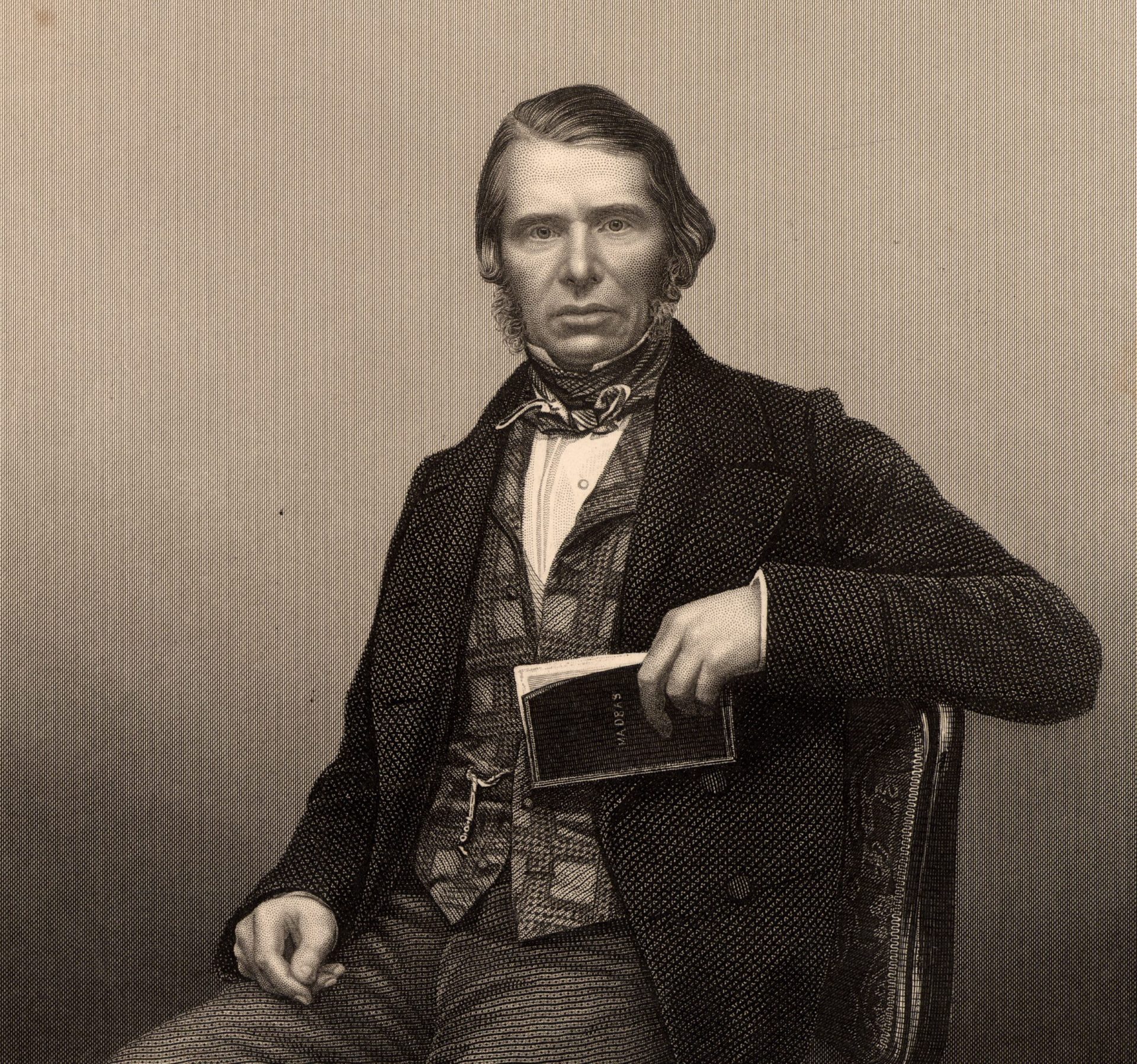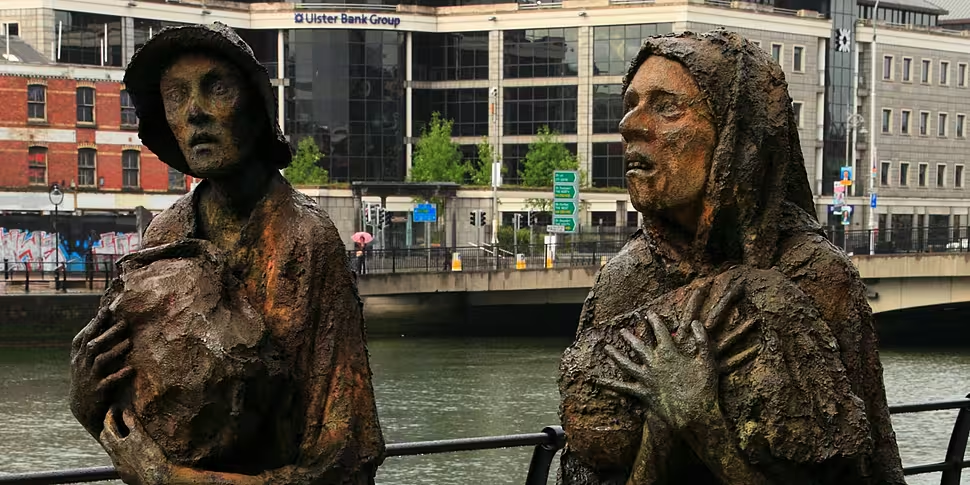Ireland 'should not be overlooked' for reparations from Britain in relation to the Great Famine.
That's according to historical novelist Katherine Mezzacappa, who was speaking as BBC journalist Laura Trevelyan recently donated stg£100,000 (€112,665) and apologised to the island of Grenada for her family's involvement in slavery.
She is a descendent of Charles Trevelyan, who had an active part in increasing the devastating effects of the Famine.
Ireland's population of 8.2 million was reduced by one-third between 1845 and 1855. Over one million died of starvation and disease, while another two million emigrated to other countries.
It is increasingly the case that countries are seeking reparations from others for historical wrongs.
Some African countries have succeeded, while Poland is currently looking for reparations from Germany for its actions during World War II.
Ms Mezzacappa, who was born in Ireland but now lives in Italy, told Moncrieff that Ireland is getting overlooked.
"The problem I have with Charles Trevelyan was that he, as it were, blamed Irish people for the famine," she said.
"That obviously shaped his view about what you then do about it.
"He even invoked God on his side - he said 'This is God's judgement' - to not take any action."
'Ireland keeps getting overlooked'
Ms Mezzacappa said she thought Laura Trevelyan had done the right thing by Grenada.
"I thought, 'Fair play to you - you've admitted a fault'," she said.
"£100,000 is perhaps not going to go very far; it's nowhere near what the Trevelyan's got as compensation for not having their slaves anymore.
"Then I thought: What about Charles Trevelyan? That piece is kind of ignored."
 Charles Edward Trevelyan (1807-1876) is seen circa 1860. Picture by: World History Archive / Alamy Stock Photo
Charles Edward Trevelyan (1807-1876) is seen circa 1860. Picture by: World History Archive / Alamy Stock PhotoShe said the issue of reparations is taking more of a hold.
"I lived many years in England, after primary school I was educated in Scotland and England," she said.
"We're now quite aware of the issue about reparations to countries where people were profiting big time, and their money is based on slavery.
"Ireland keeps kind of getting overlooked in all of that."
'There's a gap there'
Ms Mezzacappa said the history of Ireland, and Britain's involvement, is not known in British schools.
"If they'd heard of Charles Trevelyan at all, they might say something like, 'He founded the civil service'," she said.
"I feel that there's this kind of gap there, that these are things that people actually ought to think about and that Ireland should not be overlooked in that case".
She said even in Northern Ireland, where she went to school, this was not fully explained.
"Even in Northern Ireland, we kind of covered the Famine a bit but the aspects of it that were covered was the fact that it was a potato blight - that was it.
"It was talked about in the school as if it was only happening in places like Connacht - whereas in fact, it was a problem in Co Down.
"It was a problem in the place that I went to at the weekends with my mum and dad.
"I don't think there's really enough thought to the longer-term impacts of it," she added.
Listen back to the full interview here:









